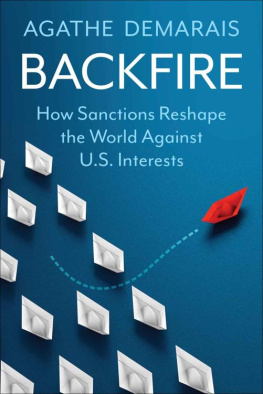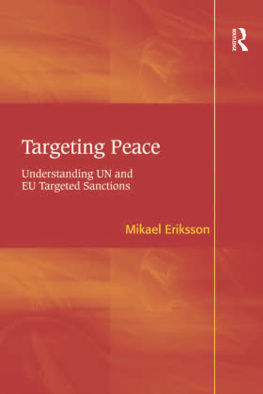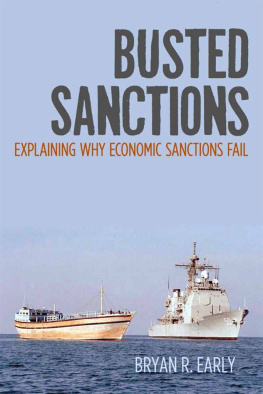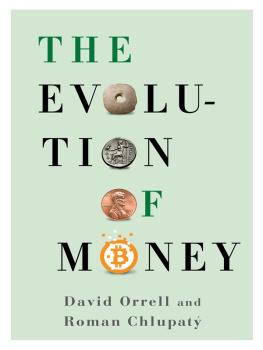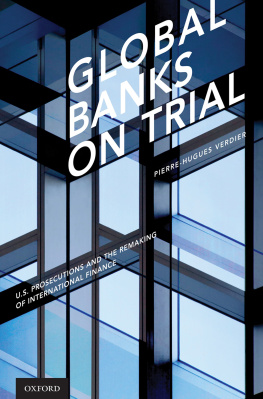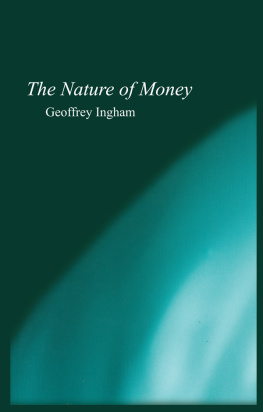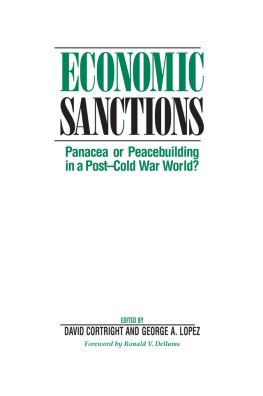
Money and the Governance of Punishment
Money is the most frequently used means in the legal system to punish and regulate. Monetary penalties outnumber all other sanctions delivered by criminal justice in many jurisdictions, imprisonment included. More people pay fines than go to prison and in some jurisdictions many of those in prison are there because of failure to pay their fines. Therefore, it is surprising how little has been written in the Anglophone academic world about the nature of money sanctions and their specific characteristics as legal sanctions.
In many ways, legal innovations related to money sanctions have been poorly understood. This book argues that they are a direct consequence of the changing meaning of money. Considering the meaninglessness of modern money, the book aims to examine the history of changing conceptions in how fines have been conceived and used. Using a set of interpretative techniques sensitive to how money and freedom are perceived, the genealogy of the penal fine is presented as a story of constant reformulation in response to shifting political pressures and changes in intellectual developments that influenced ideological commitments of legislators and practitioners.
This book is multidisciplinary and will appeal to those engaged with criminology, sociology and philosophy of punishment, socio-legal studies, and criminal law.
Patricia Faraldo-Cabana is Professor of Criminal Law at the University of A Corua, in Spain, and Adjunct Professor at the Queensland University of Technology in Brisbane, Australia.
Routledge Studies in Crime and Society
For a full list of titles in this series, please visit www.routledge.com
23Regulation and Social Control of Incivilities
Edited by Nina Perak
24Skinhead History, Identity, and Culture
Kevin Borgeson and Robin Valeri
25Homicide, Gender and Responsibility
Edited by Sandra Walklate and Kate Fitz-Gibbon
26Cybercrime through an Interdisciplinary Lens
Edited by Thomas J. Holt
27Domestic Violence in International Context
Edited by Diana Scharff Peterson and Julie A. Schroeder
28Child Trafficking in the EU
Policing and protecting Europes most vulnerable
Pete Fussey and Paddy Rawlinson
29Resettlement of Sex Offenders after Custody
Circles of support and accountability
David Thompson and Terry Thomas with Susanne Karstedt
30Cybercrime and Its Victims
Edited by Elena Martellozzo and Emma A. Jane
31Gender, Technology and Violence
Edited by Marie Segrave and Laura Vitis
32Money and the Governance of Punishment
A Genealogy of the Penal Fine
Patricia Faraldo-Cabana
Money and the Governance of Punishment
A Genealogy of the Penal Fine
Patricia Faraldo-Cabana
First published 2017
by Routledge
2 Park Square, Milton Park, Abingdon, Oxon OX14 4RN
and by Routledge
711 Third Avenue, New York, NY 10017
Routledge is an imprint of the Taylor & Francis Group, an informa business
2017 Patricia Faraldo-Cabana
The right of Patricia Faraldo-Cabana to be identified as author of this work has been asserted by her in accordance with sections 77 and 78 of the Copyright, Designs and Patents Act 1988.
All rights reserved. No part of this book may be reprinted or reproduced or utilised in any form or by any electronic, mechanical, or other means, now known or hereafter invented, including photocopying and recording, or in any information storage or retrieval system, without permission in writing from the publishers.
Trademark notice: Product or corporate names may be trademarks or registered trademarks, and are used only for identification and explanation without intent to infringe.
British Library Cataloguing-in-Publication Data
A catalogue record for this book is available from the British Library
Library of Congress Cataloging-in-Publication Data
Names: Faraldo Cabana, Patricia, author.
Title: Money and the governance of punishment : a genealogy of the penal fine / Patricia Faraldo Cabana.
Description: 1 Edition. | New York : Routledge, 2017. | Series: Routledge studies in crime and society ; 32 | Includes bibliographical references and index.
Identifiers: LCCN 2016057647 | ISBN 9781138686236 (hardback) | ISBN 9781315542720 (ebook)
Subjects: LCSH: Fines (Penalties)History.
Classification: LCC HV9277 .F37 2017 | DDC 364.6/8dc23
LC record available at https://lccn.loc.gov/2016057647
ISBN: 978-1-138-68623-6 (hbk)
ISBN: 978-1-315-54272-0 (ebk)
Typeset in Times New Roman
by Apex CoVantage, LLC
During the four years of my concerted interest in money and punishment I have benefited enormously from exchanges with many colleagues. I want to single out the regular conversations with Jos ngel Brandariz Garca, professor of criminal law at the University of A Corua, who has generously allowed me to make use of his wide knowledge on the sociology of punishment and kindly commented on the draft of this book. My thanks to him for his corrections and suggestions. Needless to say, the remaining errors are my own. Among the individuals who responded to my (mainly statistical) queries, I would like to use this opportunity to thank Beatriz Cruz Mrquez, professor at the University of Cdiz (Spain), Britta Kst, scientific coordinator at the Freiburg Institute for Advanced Studies (Germany), and Carmen Lamela Viera, professor at the University of A Corua (Spain). Many thanks also to Gregg Dubow for his proof-reading.
This book was written while I was in receipt of a Marie Curie Intra-European Fellowship from the European Research Council (ERC) under award number PIEF-GA-2012-326780, which allowed me to make a 13-month research stay (August 2013 to September 2014) at the Max Planck Institute for Foreign and International Criminal Law in Freiburg, Germany; and a EURIAS (European Institutes for Advanced Studies) senior fellowship, which granted me a second research stay of 10 months (October 2015 to July 2016) at the Freiburg Institute for Advanced Studies, also in Germany, under award number 10.13039/501100003190 REA, grant agreement no. 609400. I was able to take on these fellowships thanks to my colleagues in the Department of Public Law in A Corua. This work was also supported by research projects GRC2015/021, financed by the regional government of Galicia, and DER2014/52674-R, financed by the Spanish Ministry of Economy and Competitiveness. Without this support it would have been impossible to finish this book.
Lastly, this book is dedicated to the man who guided me from childhood into maturity: my father, Antonio Faraldo Tenreiro, who died during the writing. And to my son, Max Heim-Faraldo, whom I hope to help through this difficult phase as my own father did with me.
It has been said that money is probably the most frequently used means of punishing, deterring, compensating and regulating throughout the legal system (OMalley 2009: 1). In particular, the penal fine outnumbers other penal sanctions, including custodial sentences, in many European jurisdictions, with just a few notable exceptions in countries like Italy or Spain. In light of its extensive use, the small amount of attention sociologists of punishment and social control, legal scholars, and criminologists give to the role of money in the criminal system is extremely surprising, with conceptual and empirical priority having been given to other sanctions that statistically speaking are less common (Beristain Ipia 1976: 15; Bottoms 1983: 168; Young 1989: 47 and 1999: 182183; OMalley 2009; McCallum 2011: 541; Lappi-Seppl 2014: 1637). As Grover (2008: 178) puts it, there appears to be an inverse relationship between the amount of literature regarding particular punishments and their incidence. In other words, a great deal has been written about imprisonment, but far less has been written about fines. One could think this assertion is not entirely correct, on the one hand, because there is a vast amount of literature on the specific characteristics of fines as a legal sanction. However, much of this literature fails to address the historical development of fines and their changing place in the criminal justice system, once again with some notable exceptions (i.e., Rusche and Kirchheimer 1939 [2003]; Padovani 1981; Roldn Barbero 1983; Young 1989; OMalley 2009).


